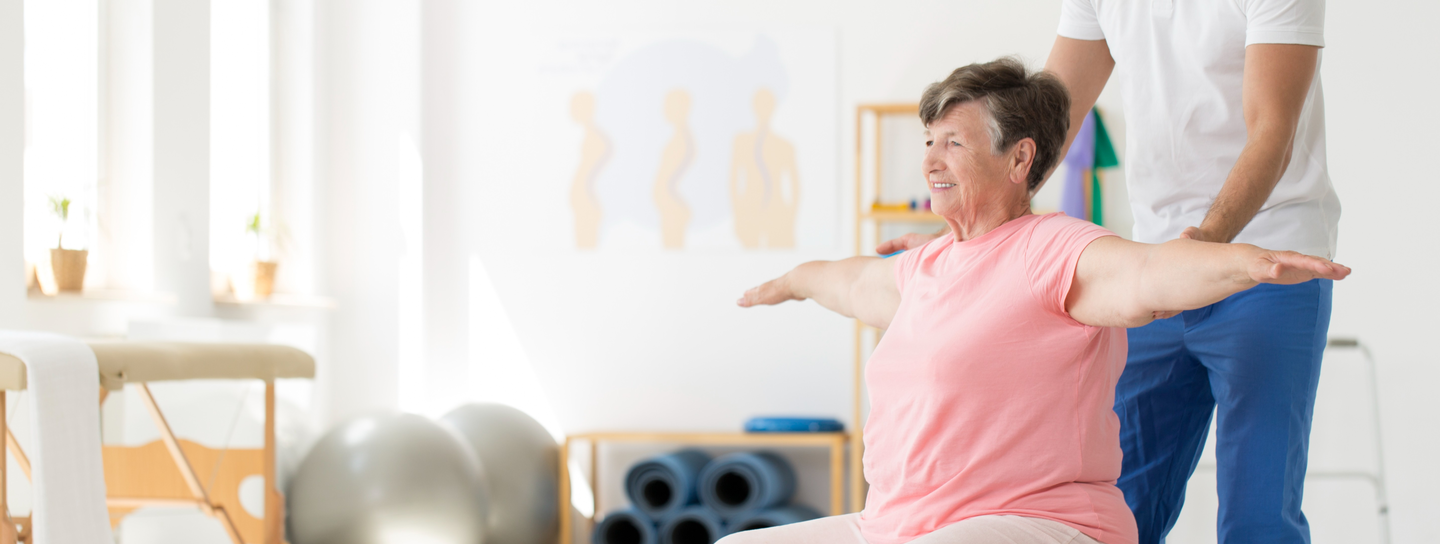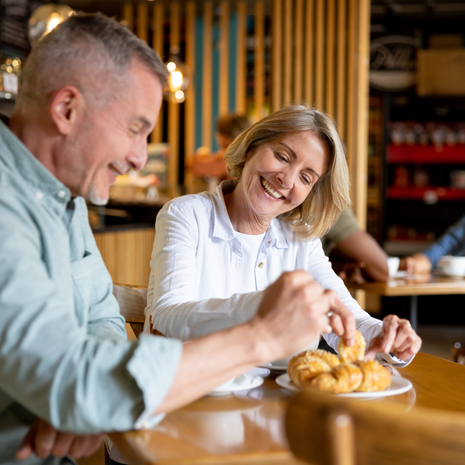
Hearing and Balance



Our dedicated specialists support your hearing, balance, and communication needs with compassionate, personalized care. Whether you're navigating hearing loss, balance challenges, or speech and language concerns, we're committed to helping you improve your quality of life through advanced diagnostics, innovative treatments, and ongoing support.
Our audiologists begin by providing comprehensive evaluations to identify the causes of hearing loss and recommend the most appropriate treatment options. We offer the latest in advanced hearing aid technology, along with extensive follow-up services to ensure your device continues to perform at its best. For those with profound hearing loss, we also offer a robust cochlear implant program.
To support those experiencing balance issues, our vestibular physical therapists use state-of-the-art computerized testing to assess conditions related to dizziness, vertigo, or a history of falls. Based on your unique needs, they develop a personalized physical therapy plan to help restore balance and confidence.
Our speech-language pathologists round out our care team by offering auditory rehabilitation for patients of all ages—from newborns with hearing loss to older adults managing age-related hearing changes.


Get to know our team and how we can support your journey to better hearing, improved balance, and enhanced quality of life.